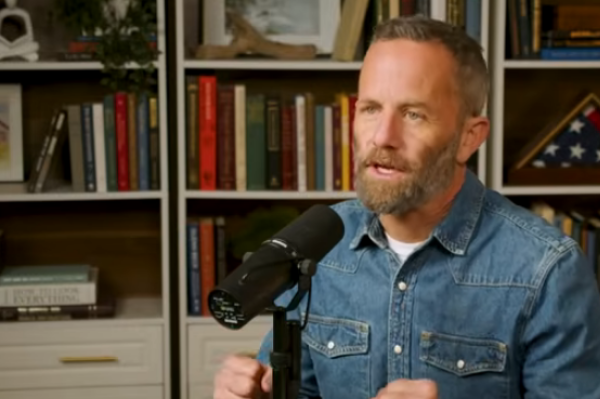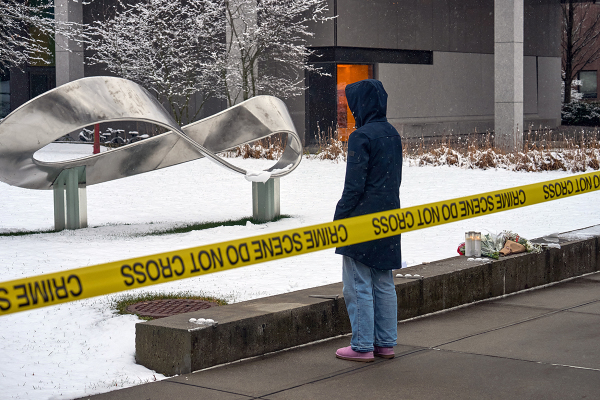Halloween: The Unpopular Christian Story
Spooky costumes, chocolate candies, and glowing pumpkins were not always what Halloween was all about. Unknown to most Americans, Halloween also has a Christian background despite its deepest roots being decidedly pagan.
Halloween is short for All Hallow's Eve and marks the night before All Saints' Day. Christians, in an effort to counter pagan rituals to death and evil spirits, created an alternative tradition – All Hallow's Day on Nov. 1.
The tradition dates back to the time of the first Christian martyrs. According to third century historian Eusebius, second century Christian bishop Polycarp had kindly greeted and set a table of food for the soldiers who came to his house to arrest him in exchange for an hour to pray.
When Polycarp was taken to the coliseum he was pressed to denounce his faith, but instead said: "For eighty-six years, I have been [Christ's] servant, and He has never done me wrong: How can I blaspheme my King who saved me?"
Polycarp, who was a disciple of Apostle John, was said to have been offering up prayers of faith and praise while people prepared to burn him alive.
Following his death, Christians gathered annually at Polycarp's grave to remember his brave witness and gain courage through his example.
Gradually the day shifted focus to remembering all martyrs and the Church created the holiday to honor all of God's saints in the seventh century.
In the 16th century, church reformer Martin Luther began the Reformation on Halloween, Oct. 31, 1517, by declaring that the church must return to the authority of God's Word and to biblical doctrine.
However, modern Halloween has become a day associated with darkness and secularism. The Oct. 31 holiday is said to be only second to Christmas in terms of economic activity.
Halloween is responsible for some 4-6 billion dollars each year, according to "horror historian" David J. Skal. Halloween is also said to be the second most important party night in North America, according to historian Nicholas Rogers.
"Sure, go ahead and let the kids dress up like Batman and hit up your neighbors for candy," wrote Chuck Colson, chairman and founder of Prison Fellowship Ministry, in a column on Halloween. "But when the hoopla of modern Halloween is over, encourage your kids to imitate some real heroes – not in what they put on, but in how they live their lives."
A Gallup Poll this week found that 84 percent of Americans will spend money on costumes, decoration, or candy for Halloween, while only 16 percent say they will not spend anything. The average household spending for Halloween is $52 and rises to $82 for households with children under 18 years old, according to Gallup.





















